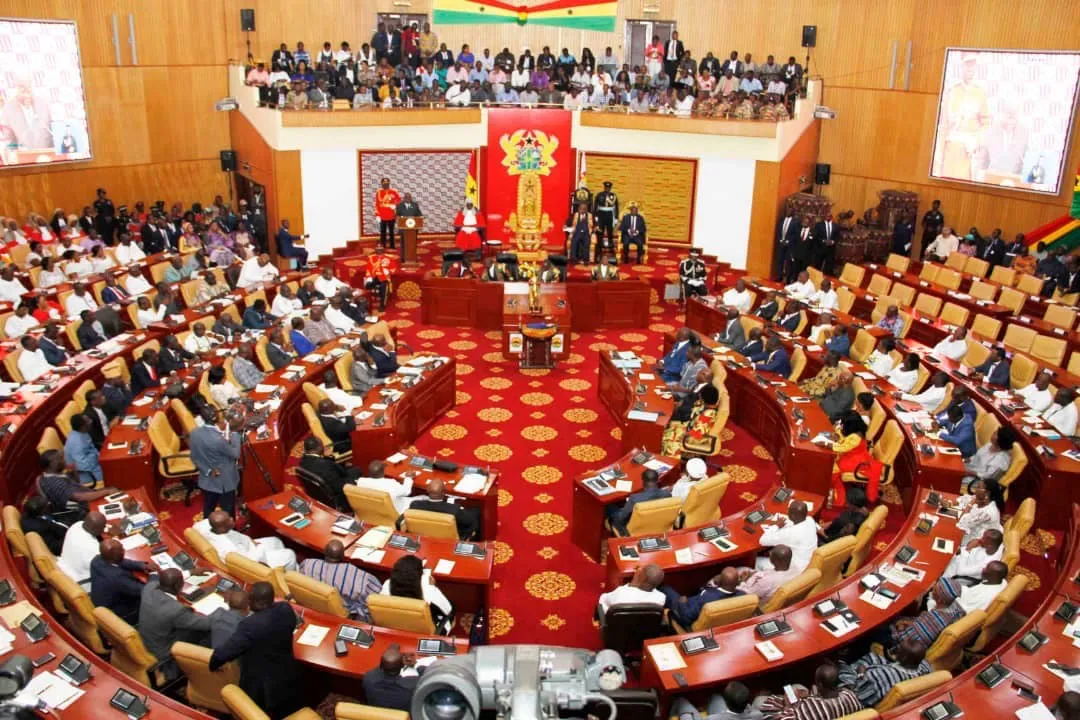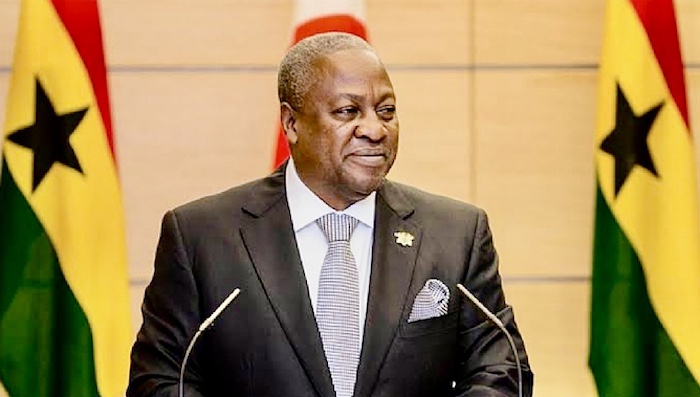Ghana’s government has announced a sweeping plan to slash the country’s palm oil import bill estimated at US$2 billion annually by boosting local production and developing the sector’s value chain.
According to the Ministry of Food and Agriculture’s 2025 report, Ghana produces just 50,000 metric tons of palm oil each year, far short of the 250,000 metric tons consumed domestically. The shortfall is met by imports, which officials say drain foreign exchange and undermine local farmers.
The new national palm oil policy will provide 1.5 million seedlings to farmers, introduce incentives for cultivation, and promote participation in out-grower schemes. Finance Minister Cassiel Ato Forson says the policy aims to cultivate 50,000 hectares in its first phase, attracting US$100 million in private investment. From July 2025, importers will also be required to obtain permits before bringing palm oil into the country a measure designed to shield domestic producers from cheaper imports.
However, industry observers remain cautious. The Oil Palm Development Association says Ghana’s palm oil exports fell by over 50% in 2024, blaming poor government support and the influx of low-cost foreign products. Stakeholders warn that unless structural bottlenecks such as outdated processing facilities, limited storage capacity, poor transport links, and the fragmented smallholder-dominated value chain are addressed, the policy may struggle to deliver lasting results.


















